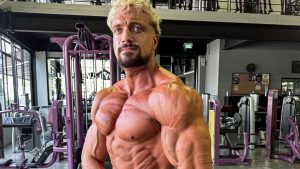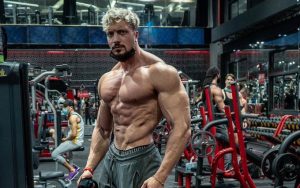COVID-induced work from home arrangement has made most of us sit in the same postures for hours while working. However, experts suggest that prolonged sitting can make some muscles inactive to an extent that can make them forget their actual functioning. One such condition is gluteal amnesia, popularly known as the Dead Butt Syndrome.
Also Read: This is the posture you should be texting in
According to health experts, when one follows a schedule that involves sitting for long hours with an inactive hip and knee, then slowly brain tends to forget the functioning of that organ drive to the gluteal muscles. In today’s time, people with lesser physical activities complain of such conditions.
How does Butt Syndrome occur?
When a person sits for long hours, the gluteal muscles located at the back of our buttocks/butt may start getting enlarged or stretch out of place. Gradually, these muscles can be grown inefficient and ineffective.
What causes Butt Syndrome?
Apart from prolonged sitting hours and posture mistakes, lack of Vitamin D and Vitamin B12 can be a reason behind Butt Syndrome.
Excessive alcohol consumption is also one of the causes of this condition.
Symptoms of Butt Syndrome
1- Lower back pain
2- Thigh pain
3- Pelvic pain while walking or sitting
4- Difficulty in standing
Preventive measures
The only way to prevent yourself from any bone or muscle-related condition is by being physically active, performing yoga and exercises. However, here are some measures that can help remain active during the tiring WFH condition.
Also Read: Want to reduce belly fat? This asana by Malaika Arora might help
One hour break
If your work involves sitting on a system for long hours, make sure you put a reminder/alarm after every hour and take a long back and stretch for a while.
Pelvic lifts
While lying on your back, bend both knees to 90 degrees and then lift the pelvis up and hold for 30 seconds. This exercise is a real test for gluteal strength.
Proper nutrition
While exercises play its part, having a balanced and nutritious meal is also an important step towards better muscle health. Ensure having a diet rife with Vitamin D, B12 and protein.





